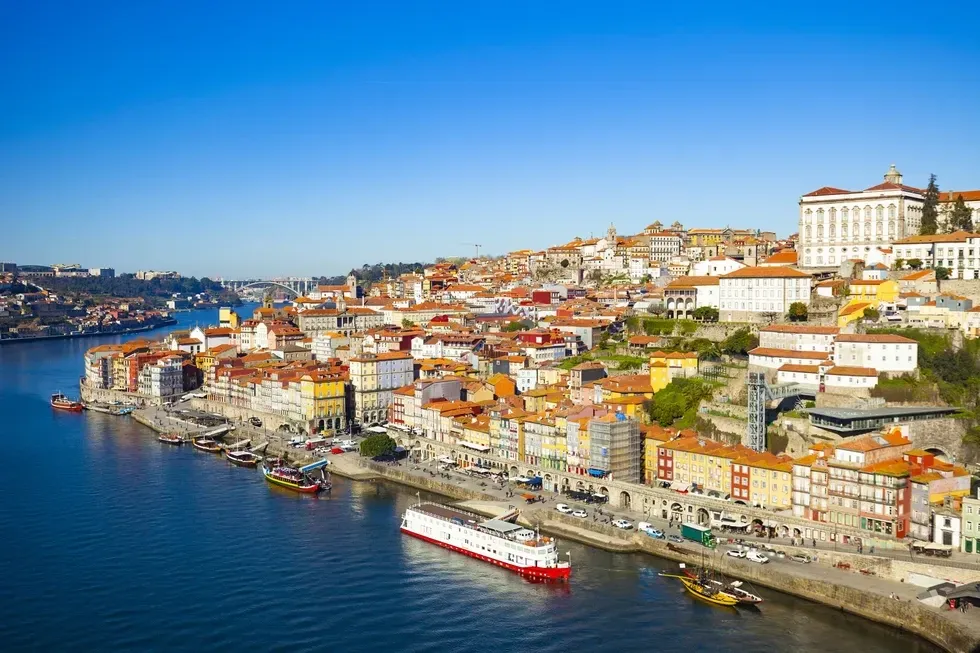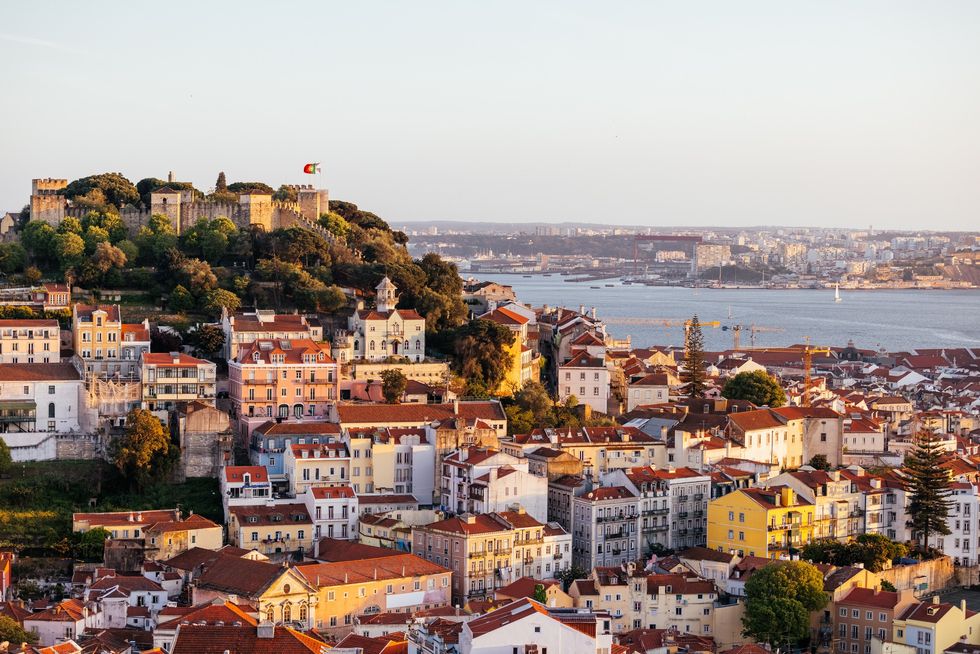Lewis Henderson
Guest Reporter
British holidaymakers heading to the historic Portuguese city of Évora could face a new tourist tax of €1.50 (£1.27) per night, under proposals currently being considered by local authorities.
The new charge will apply to all guests staying in tourist establishments within the municipality.
The measure is expected to generate approximately €600,000 (£506,385) annually for the local council.
The charge will be capped at three consecutive nights, a measure designed to encourage longer stays in the historic city.

If approved following the ongoing consultation process, the new tax scheme is expected to be implemented in either April or May this year.
Students arriving to study in Évora who need to use hotel accommodation will not be required to pay the charge.
Visitors with certain disabilities passing through the city will also be exempt from the tax.
The mayor, Carlos Pinto de Sá, acknowledged that these exemptions would reduce the total amount of people staying in the city but believes that the increase in tax is reasonable.
He said: "During this period, anyone who wants to contribute to improving or changing the regulations may do so under the terms determined by law, sending their duly substantiated proposals to the municipality."
The mayor added that the tax "is a very reasonable amount" when taking into account "what has been launched in tourist taxes in the country."
The proposal is currently undergoing public consultation, with residents and stakeholders invited to submit "duly substantiated proposals" for improvements or changes to the regulations.
The public consultation period for the tourist tax proposal runs until February 17, 2025.
LATEST DEVELOPMENTS

Tourist tax is on the rise across Europe with Gran Canaria also introducing a tourist tax.
Mogán town in Gran Canaria has brought in a new fee that will apply to visitors staying overnight.
The new payment, effective from this month, will be charged per person per night.
The new fee was announced last month and officials said the profits will be reinvested into the local tourist industry.
Find Out More...
The new charge will apply to all guests staying in tourist establishments within the municipality.
The measure is expected to generate approximately €600,000 (£506,385) annually for the local council.
The charge will be capped at three consecutive nights, a measure designed to encourage longer stays in the historic city.

If approved following the ongoing consultation process, the new tax scheme is expected to be implemented in either April or May this year.
Students arriving to study in Évora who need to use hotel accommodation will not be required to pay the charge.
Visitors with certain disabilities passing through the city will also be exempt from the tax.
The mayor, Carlos Pinto de Sá, acknowledged that these exemptions would reduce the total amount of people staying in the city but believes that the increase in tax is reasonable.
He said: "During this period, anyone who wants to contribute to improving or changing the regulations may do so under the terms determined by law, sending their duly substantiated proposals to the municipality."
The mayor added that the tax "is a very reasonable amount" when taking into account "what has been launched in tourist taxes in the country."
The proposal is currently undergoing public consultation, with residents and stakeholders invited to submit "duly substantiated proposals" for improvements or changes to the regulations.
The public consultation period for the tourist tax proposal runs until February 17, 2025.
LATEST DEVELOPMENTS
- 'Stay aware of your surroundings!' Holidaymakers warned of terrorism risk in European destination
- Britain's best beach for winter coastal walks provides 'incredible views and beauty sand'
- Ryanair cuts flights to Spain this summer - ditching two airports completely

Tourist tax is on the rise across Europe with Gran Canaria also introducing a tourist tax.
Mogán town in Gran Canaria has brought in a new fee that will apply to visitors staying overnight.
The new payment, effective from this month, will be charged per person per night.
The new fee was announced last month and officials said the profits will be reinvested into the local tourist industry.
Find Out More...
